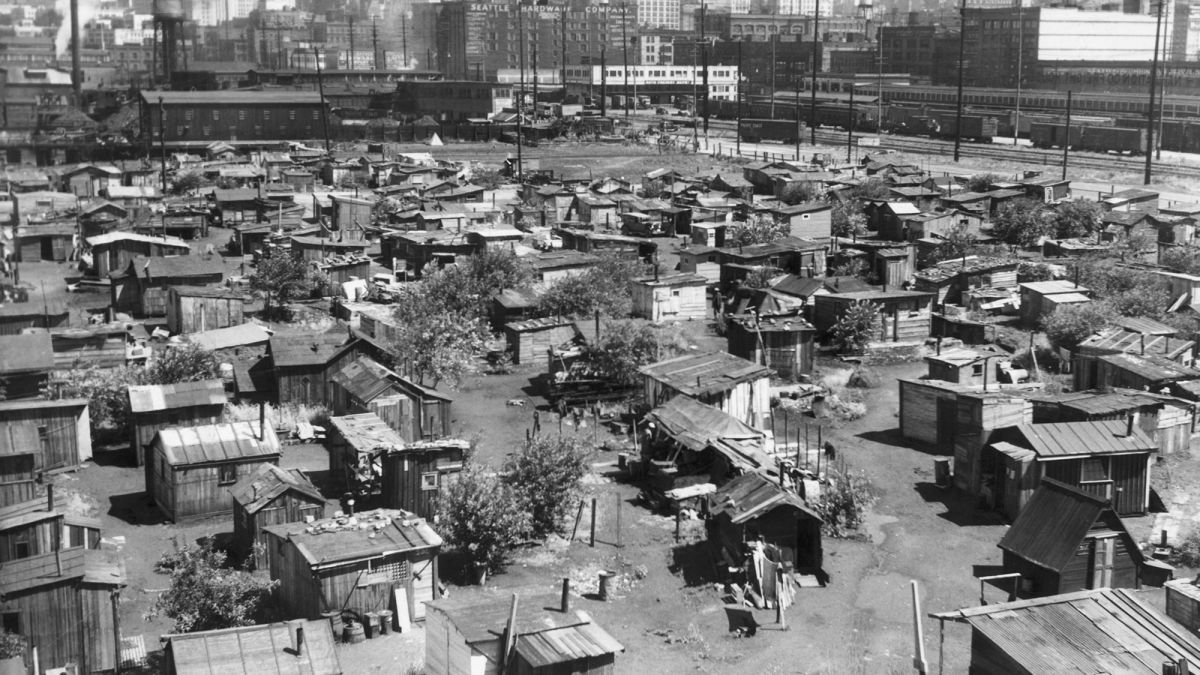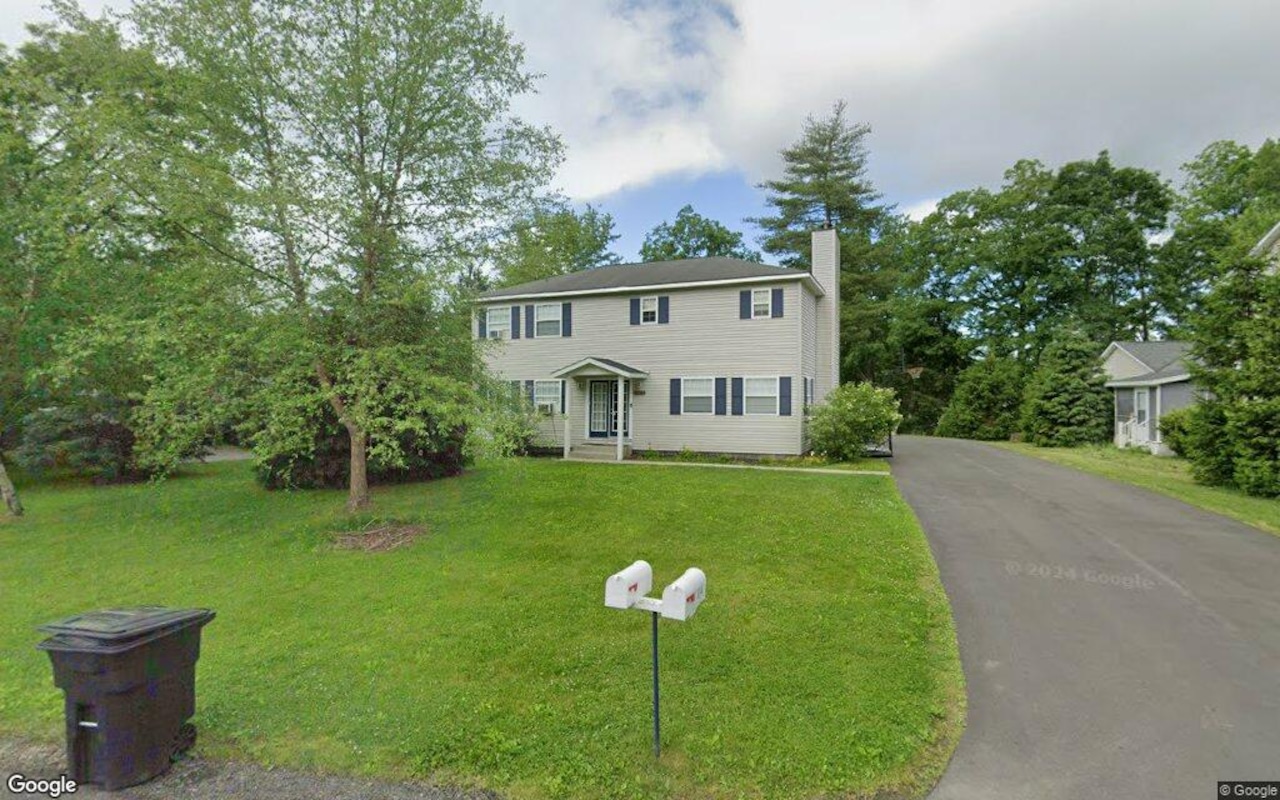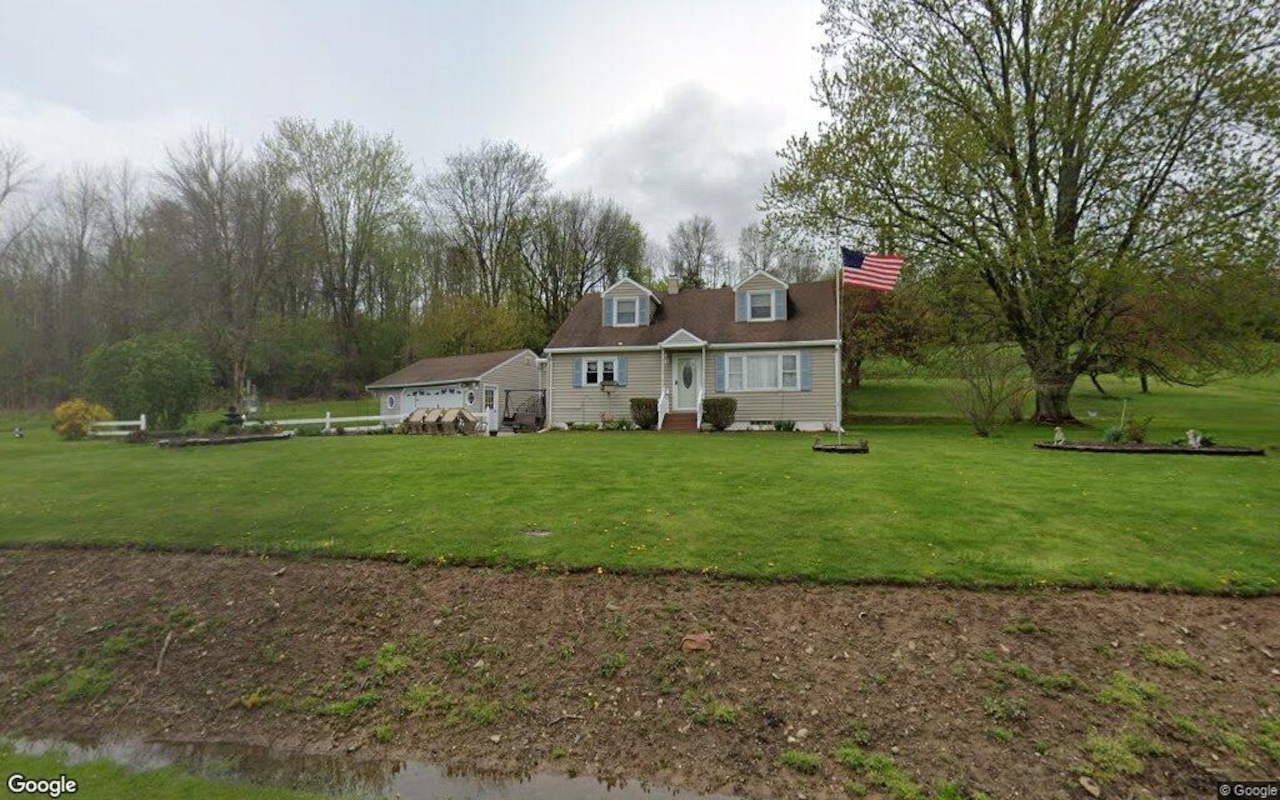I
n Washington, March madness has taken on a new meaning. Jeffrey DeBoer, CEO of The Real Estate Roundtable, notes that the usual focus on NCAA basketball is being overshadowed by the Trump administration's recent actions. Specifically, the president's announcement of sweeping tariffs on imports from nearly every country sent shockwaves through stock and bond markets, casting a shadow over commercial real estate forecasts for 2025.
The uncertainty surrounding these tariffs has made it increasingly difficult to develop larger buildings, according to CBRE's Doug Middleton. Typically, commercial real estate is more concerned with state and local government policies, but the federal government's recent interventions have changed the game.
One notable example is the Department of Government Efficiency (DOGE) led by Elon Musk, which has upended the relationship between CRE and its largest tenant, the federal government. The DOGE has shredded leases and sold buildings, creating a new dynamic in the industry.
Other federal actions, such as efforts to re-privatize mortgage market giants Fannie Mae and Freddie Mac, could have significant implications for housing and mortgage rates. Meanwhile, President Trump's public feud with Federal Reserve Chairman Jerome Powell over interest rates is adding to the uncertainty.
Additionally, there are smaller but still significant changes afoot, including potential modifications to state and local property tax deductions and corporate deductions. Even if some of these changes might benefit CRE in the long run, they add up to one thing: uncertainty.
A recent survey of CRE finance professionals found that eight in 10 were pessimistic about 2025 due to this uncertainty. Larry Silverstein, a veteran of the industry, notes that everyone is concerned about tariffs and their potential impact on projects. "It's hard to prognosticate at this time," he says.













